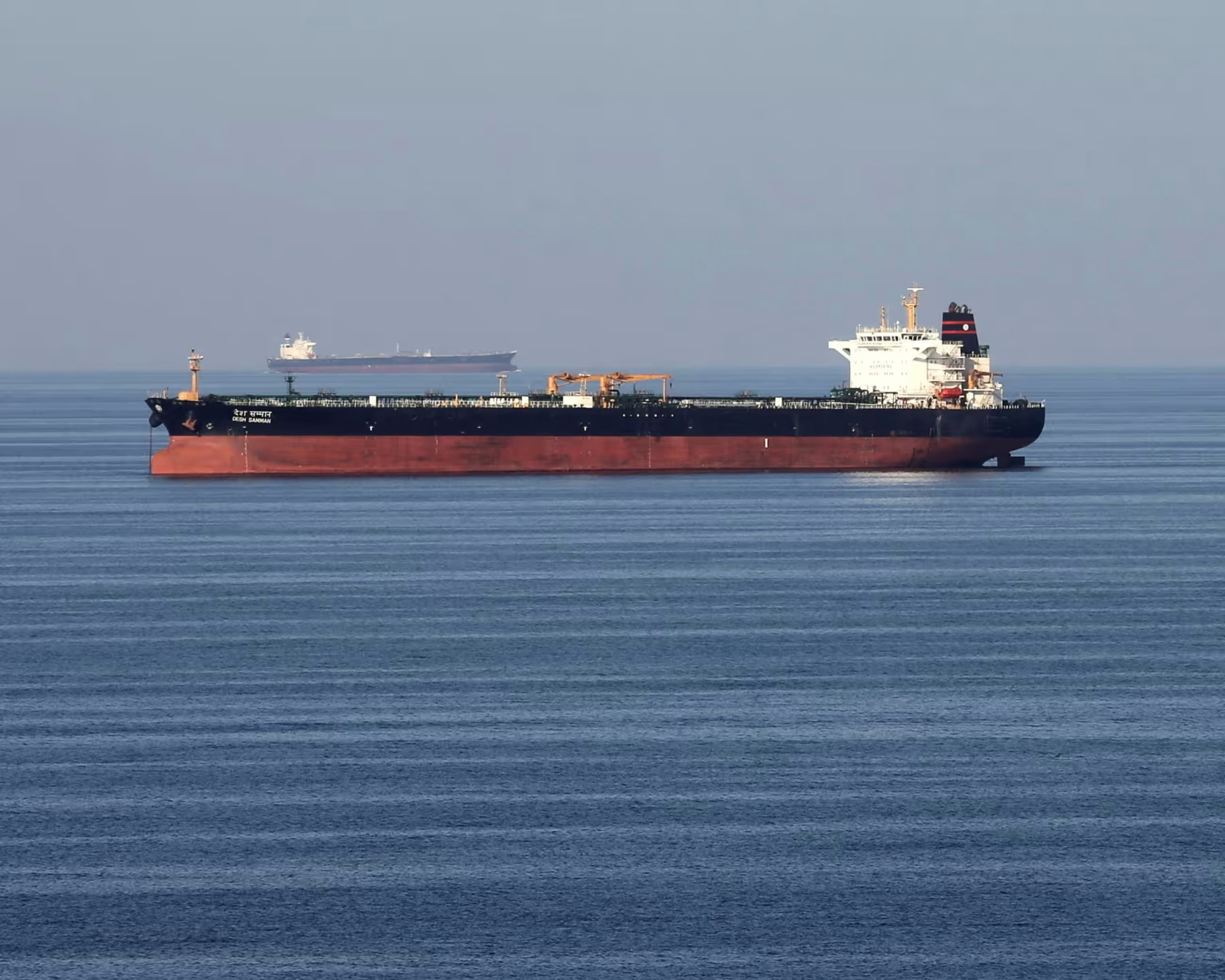The United States is intensifying diplomatic efforts with China in a bid to prevent Iran from closing the Strait of Hormuz, a move that officials warn could unleash a global economic shock.
In a strategic push to avoid further escalation in the Middle East, U.S. Secretary of State Marco Rubio has publicly called on China—Iran’s largest oil buyer and key trade partner—to intervene diplomatically and dissuade Tehran from shutting the vital waterway.
“I encourage the Chinese government in Beijing to call them [Iran] about that, because they heavily depend on the Strait of Hormuz for their oil,” Rubio said in a televised interview with Fox News on Sunday. “If they close the Strait… it will be economic suicide for them. And we retain options to deal with that, but other countries should be looking at that as well. It would hurt other countries’ economies a lot worse than ours.”
The call comes amid a spike in geopolitical tensions after the U.S. launched airstrikes on Iranian nuclear facilities on June 21, targeting key sites including Fordow, Natanz, and Isfahan. The strikes followed Israel’s earlier offensive against Iran’s military infrastructure and nuclear research centers on June 13.
In response, Iran’s parliament reportedly approved a preliminary motion to shut down the Strait, though the final decision rests with the Supreme National Security Council. Iranian state media confirmed the legislative move, but the extent of its immediate implementation remains uncertain.
A Narrow Passage with Global Consequences
The Strait of Hormuz, a narrow waterway only 21 miles wide, is arguably the most strategic maritime chokepoint on the planet. An estimated 20% of global oil—over 20 million barrels per day—passes through it, making any disruption a potentially catastrophic event for international energy markets.
Oil prices reacted sharply to news of the U.S. strikes. On Monday, Brent crude briefly surged to $81.40 a barrel, before sliding back to $78—still a 1.4% increase on the day. Analysts warn that prices could skyrocket to $150–200 per barrel if Iran proceeds to block the Strait, leading to severe consequences for fuel supply chains, inflation, and global stock markets.
“The U.S. is now positioned with an overwhelming defence posture in the region to be prepared for any Iran counter-attacks. But the risk for oil prices is the situation could escalate severely further,” said Saul Kavonic, head of energy research at MST Financial.
The economic implications of a closure would ripple across sectors—from transportation and agriculture to retail and manufacturing. Crude oil affects everything from the cost of petrol to the price of food on supermarket shelves.
Why China Matters
China is uniquely positioned to influence Iran’s actions. The Asian superpower is Iran’s largest oil customer, having imported over 1.8 million barrels per day last month, according to shipping data from Vortexa. Disruption to the Strait would not only jeopardize China’s energy security but also damage its broader geopolitical strategy in the region.
“Iran risks turning its oil and gas producing neighbours in the Gulf into enemies and invoking the ire of its key market, China, by disrupting traffic in the Strait,” said Vandana Hari, an energy analyst speaking to the BBC.
Other major economies in Asia—including India, Japan, and South Korea—also depend heavily on oil transiting through Hormuz.
China has responded cautiously to the rising tensions. While Beijing condemned the U.S. strikes as damaging to Washington’s credibility, it has called for restraint from all parties. China’s UN Ambassador Fu Cong urged leaders to resist “the impulse of force” and warned against “adding fuel to the fire.”
In an editorial published Monday, the state-run Global Times accused the U.S. of “further complicating and destabilising” the Middle East and warned that American involvement could push the conflict to an “uncontrollable state.”
With Iran vowing retaliation and the U.S. reaffirming its opposition to Tehran’s nuclear ambitions, the Strait of Hormuz has become the focal point of an intensifying international crisis. Analysts say a diplomatic solution is still possible—but the window is narrowing fast.
“If the Strait closes, it won’t just be a Middle East crisis,” a senior U.S. official noted. “It’ll be everyone’s crisis—from Wall Street to Lagos to Beijing.”
As both global superpowers position themselves amid the standoff, the world waits—watching not just missiles, but oil markets, diplomacy, and the fine balance between war and economic collapse.
Read Also:
China risks direct confrontation with U.S as Iran-Israel conflict escalates
U.S on high alert for possible Iranian-backed terror attacks following airstrikes
Britain braces for escalating threat of Iranian attack



